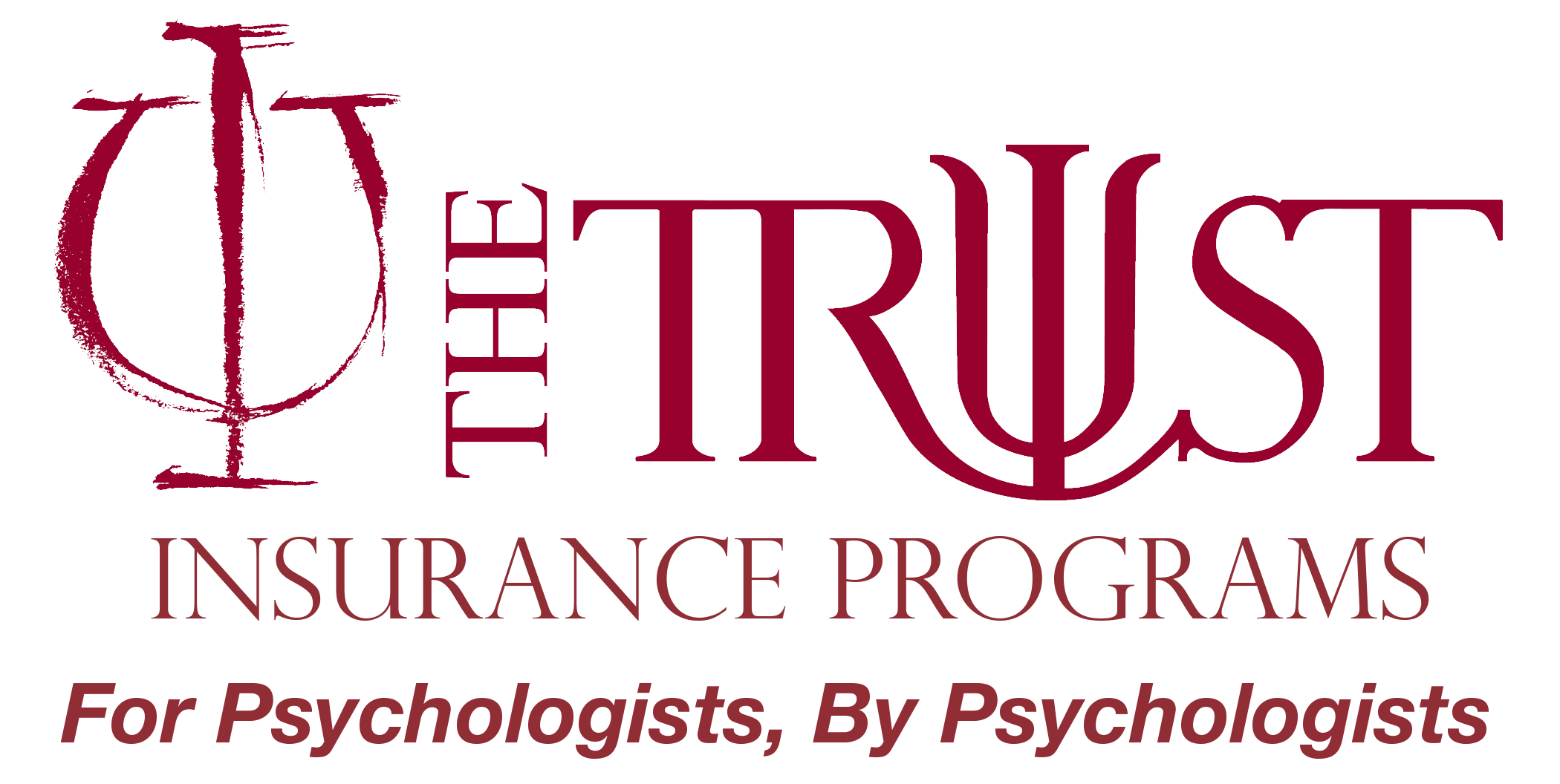Hiding in your Office: Girls and Women at the High End of the Autism Spectrum1.5 CEs Meets the Maryland licensing requirement for cultural diversity
Over the past 20 years, the prevalence of autism has risen from 1 in 150 to 1 in 59. This is due at least in part to our more sophisticated understanding of individuals at the high end of the autism spectrum (previously referred to as having Asperger’s). Still, boys and men continue to be diagnosed far more frequently than girls and women (approximately 4:1). It has always been assumed that the prevalence of boys with autism is naturally greater than girls, but recent research clearly demonstrates that many girls and women on the spectrum are being misdiagnosed or missed entirely. In the past ten years, there has been a burst of research on girls and women with autism, particularly those at the high end of the spectrum, and it has become clear that they present differently from their male counterparts socially, emotionally, and behaviorally. Moreover, research demonstrates that these girls and women are highly vulnerable to anxiety, depression, and eating disorders. While many are therefore seen by clinicians, their autism diagnosis is often not recognized, which significantly impacts their ability to make progress. Receiving a proper diagnosis can be utterly life-changing for this population, so it is essential that all clinicians working with girls and women are updated on the ways to (a) recognize the subtle presentation of autism in general and (b) understand the ways that girls and women present differently. This workshop will provide that clarity. This workshop is designed to help you:
Click here to RegisterDonna Henderson, Psy.D. has been a clinical psychologist for 25 years. She earned her doctoral degree from the School of Professional Psychology at Wright State University and subsequently worked as a staff psychologist and then Director of Acquired Brain Injury at the Gaylord Hospital in Connecticut. Dr. Henderson joined The Stixrud Group in 2011, specializing in neuropsychological evaluations for individuals with cognitive, academic, social, and/or emotional challenges, with a particular specialty in autism. Dr. Henderson is a frequent lecturer on the subtle presentation of autism, on girls and women with autism, and on parenting children with complex profiles. |

